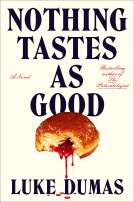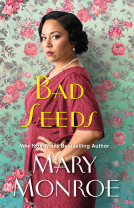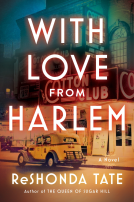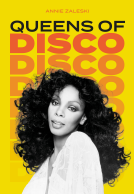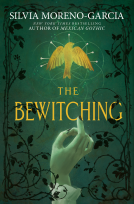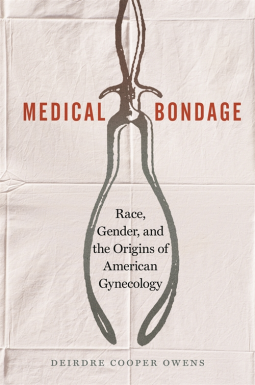
Medical Bondage
Race, Gender, and the Origins of American Gynecology
by Deirdre Cooper Owens
This title was previously available on NetGalley and is now archived.
Send NetGalley books directly to your Kindle or Kindle app
1
To read on a Kindle or Kindle app, please add kindle@netgalley.com as an approved email address to receive files in your Amazon account. Click here for step-by-step instructions.
2
Also find your Kindle email address within your Amazon account, and enter it here.
Pub Date Nov 15 2017 | Archive Date Jan 31 2018
Description
The accomplishments of pioneering doctors such as John Peter Mettauer, James Marion Sims, and Nathan Bozeman are well documented. It is also no secret that these nineteenth-century gynecologists performed experimental caesarean sections, ovariotomies, and obstetric fistula repairs primarily on poor and powerless women. Medical Bondage breaks new ground by exploring how and why physicians denied these women their full humanity yet valued them as “medical superbodies” highly suited for medical experimentation.
In Medical Bondage, Cooper Owens examines a wide range of scientific literature and less formal communications in which gynecologists created and disseminated medical fictions about their patients, such as their belief that black enslaved women could withstand pain better than white “ladies.” Even as they were advancing medicine, these doctors were legitimizing, for decades to come, groundless theories related to whiteness and blackness, men and women, and the inferiority of other races or nationalities.
Medical Bondage moves between southern plantations and northern urban centers to reveal how nineteenth-century American ideas about race, health, and status influenced doctor-patient relationships in sites of healing like slave cabins, medical colleges, and hospitals. It also retells the story of black enslaved women and of Irish immigrant women from the perspective of these exploited groups and thus restores for us a picture of their lives.
Available Editions
| EDITION | Other Format |
| ISBN | 9780820351353 |
| PRICE | $48.95 (USD) |
| PAGES | 182 |
Links
Average rating from 6 members
Featured Reviews
 Marina D, Reviewer
Marina D, Reviewer
This is an amazing book about history of American obstetrics and gynecology. The author refers to historical and medical facts, doctors and their devices that some of us very familiar. A good example would be Dr. Sims, his practice, research, and famous medical devices such as Sims forceps. Did you know that he relied on speed during surgery, in order to save women's lives? Well, sounds familiar for those of us, who was in OR, right?
The author explains well the origins of practice of a gynecologist versus a midwife, male versus female practitioner with different scope of practice. The need for pain relief during birth for a white woman versus black is also discussed as well as the view of female body as weaker than male one.
 Krystal Kavita J, Media/Journalist
Krystal Kavita J, Media/Journalist
This book is an extraordinary statement on how the personal is always political, as enslaved black woman are finally given their rightful place in history as the mothers of American gynaecology!
 Jennifer C, Reviewer
Jennifer C, Reviewer
This book discussed the history of the field of gynaecology and how it relates to race and gender. Obviously the field of gynaecology affects the female gender due to its very nature but adding race to the mix reveals some ugly truths about the field itself. Many people ( including myself) consider the field of gynaecology itself to be behind in knowledge in comparison to other medical specialities and this book contributes to that theory by showing its dark origins. I am not a fan of feminist or gender based theories but this book does discuss some real horrors in history for women, particularly women of colour and I think this book should be read by future and current gynaecologists. I highly recommend this book for anyone interested in medicine as well as history. I give this 4.5 stars out of 5. I thank Netgalley very much for the ARC which gave me the opportunity to read this informative books.
Readers who liked this book also liked:
ReShonda Tate
General Fiction (Adult), Historical Fiction, Multicultural Interest


